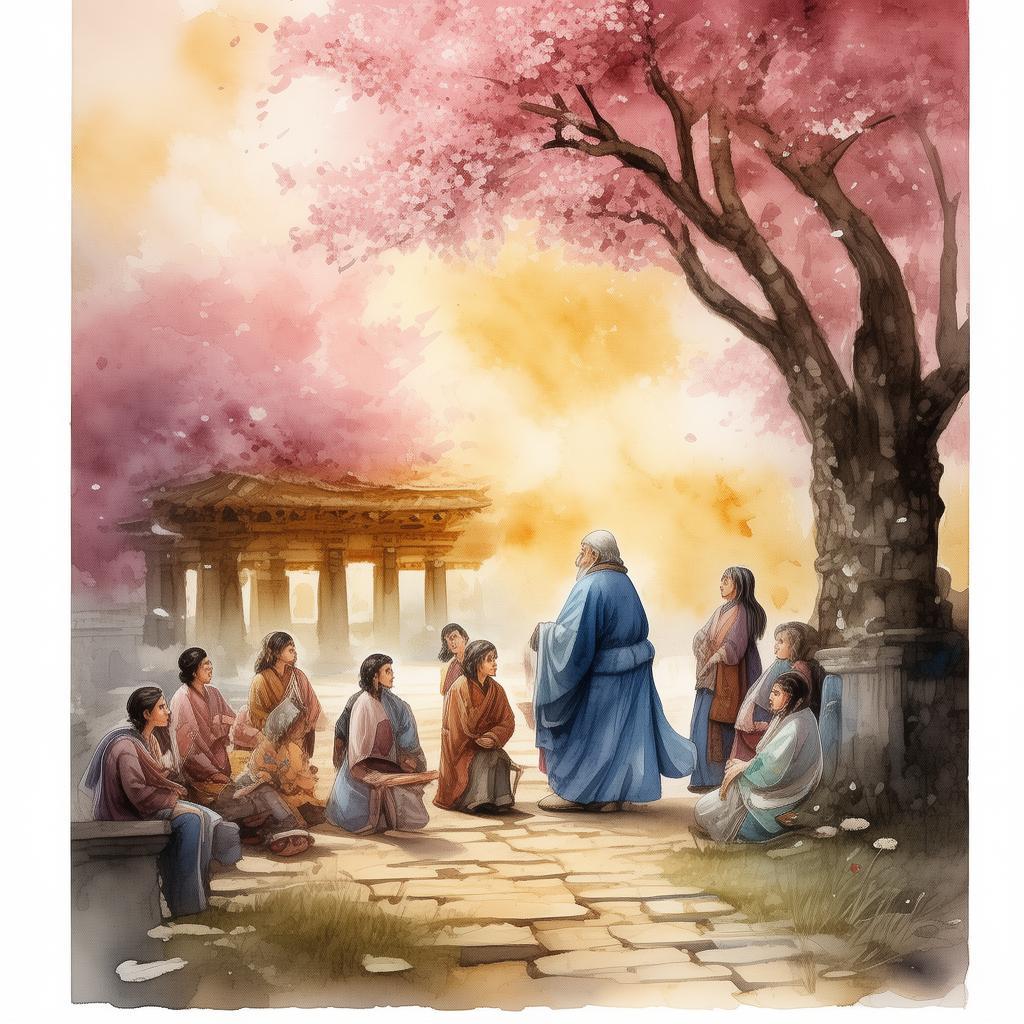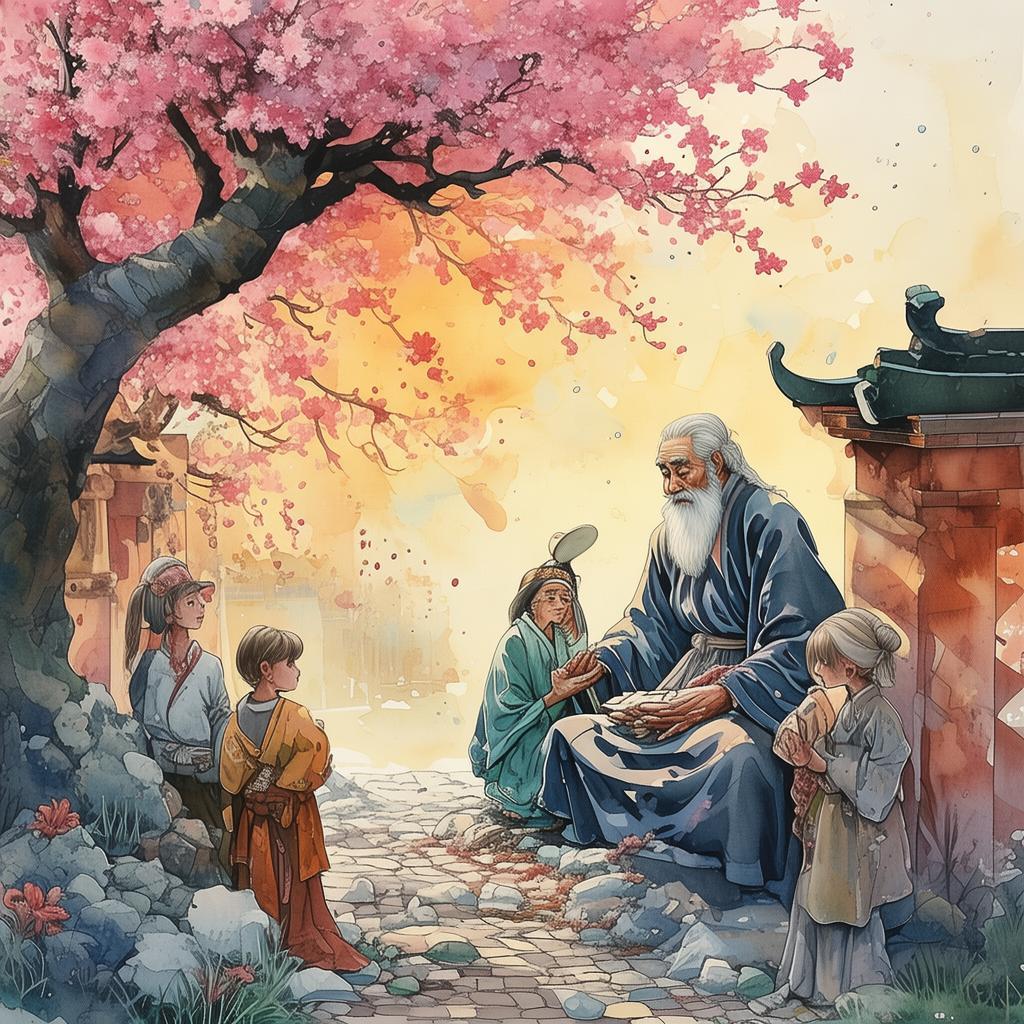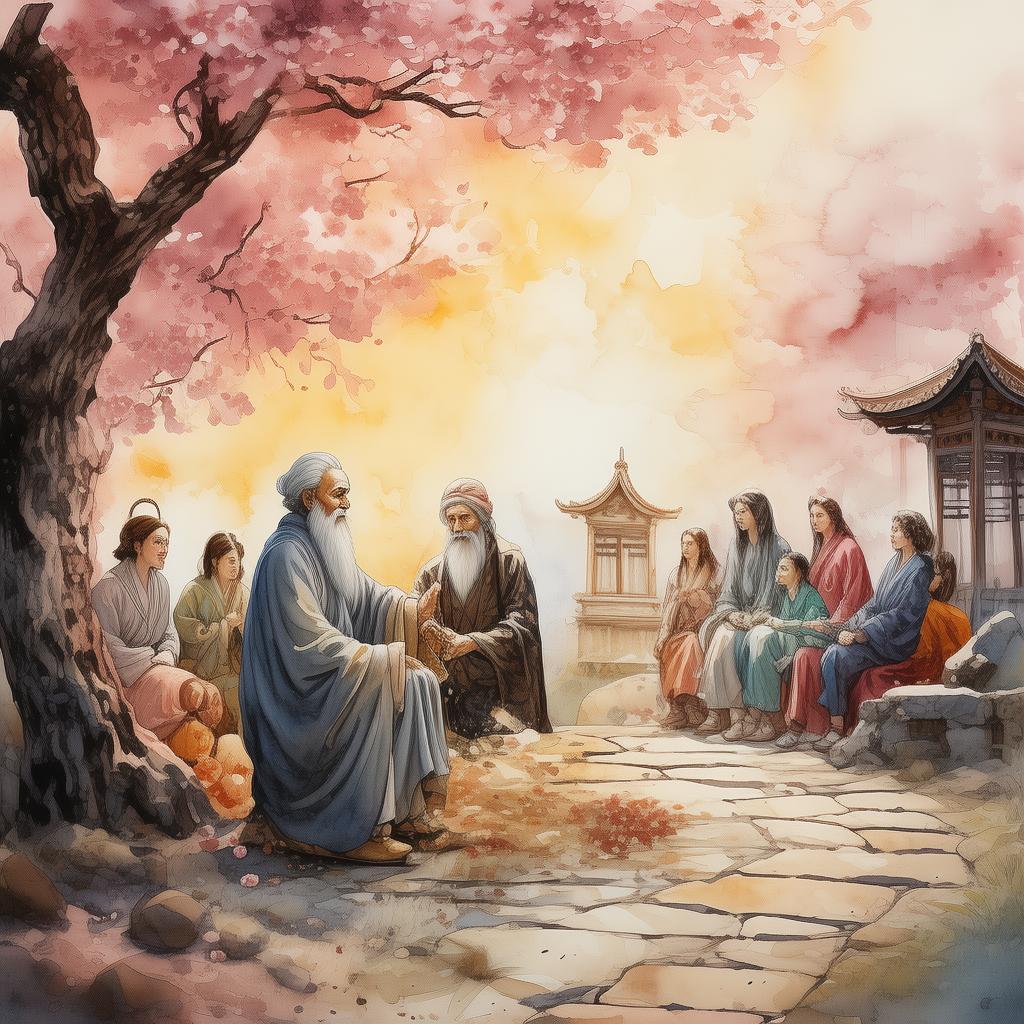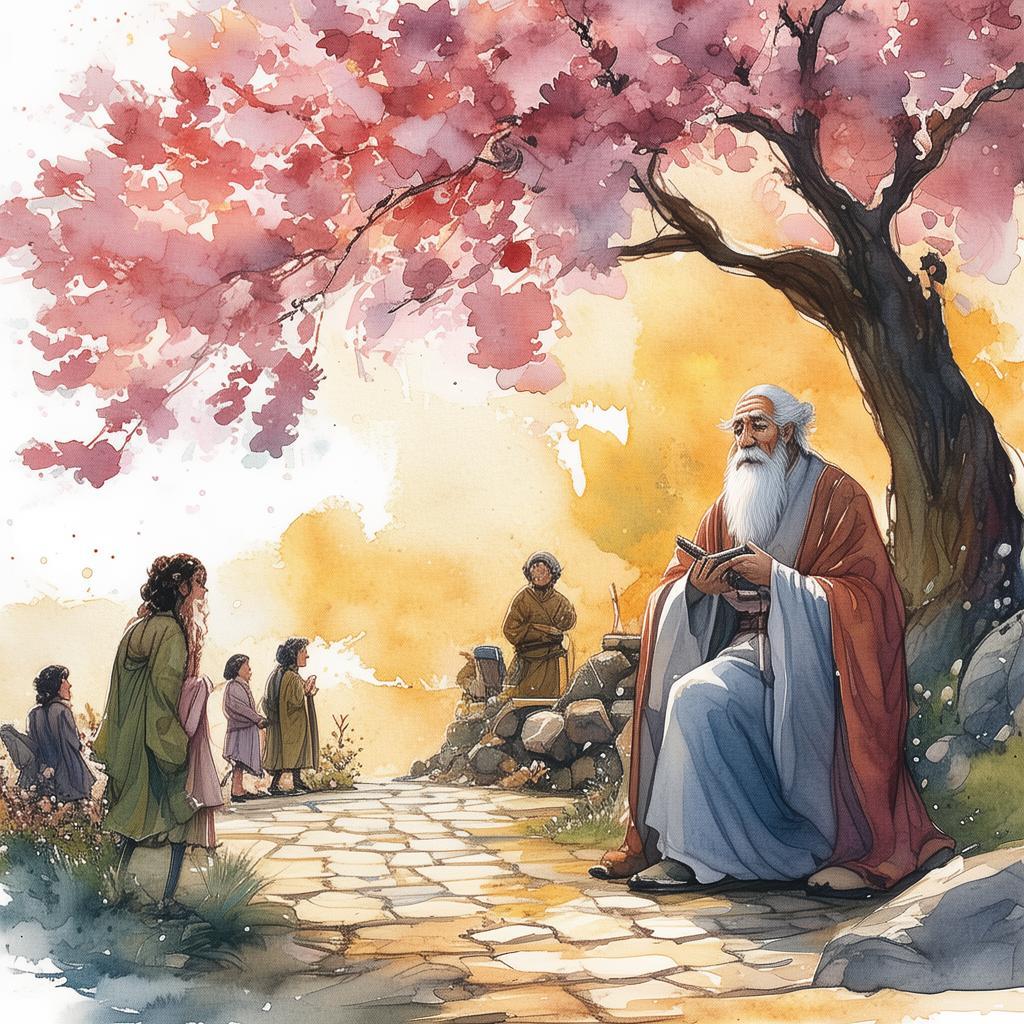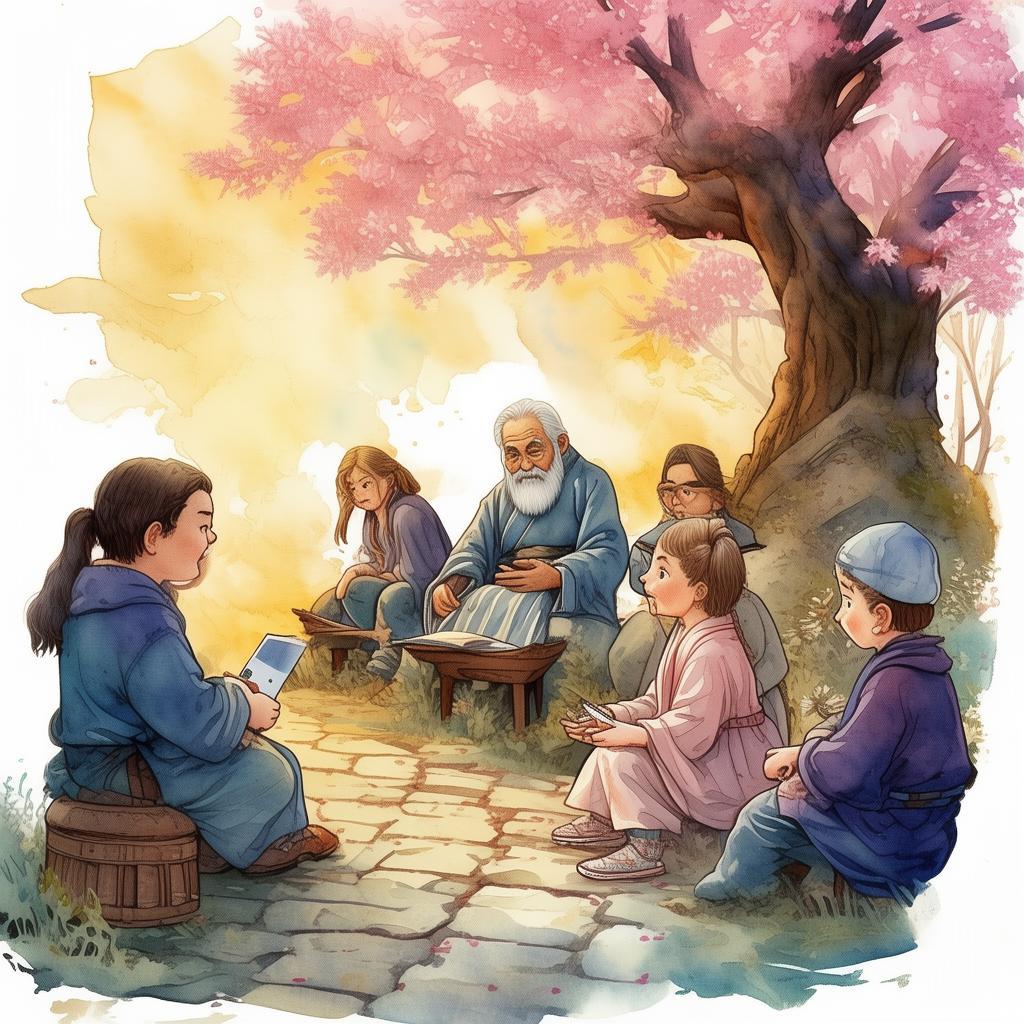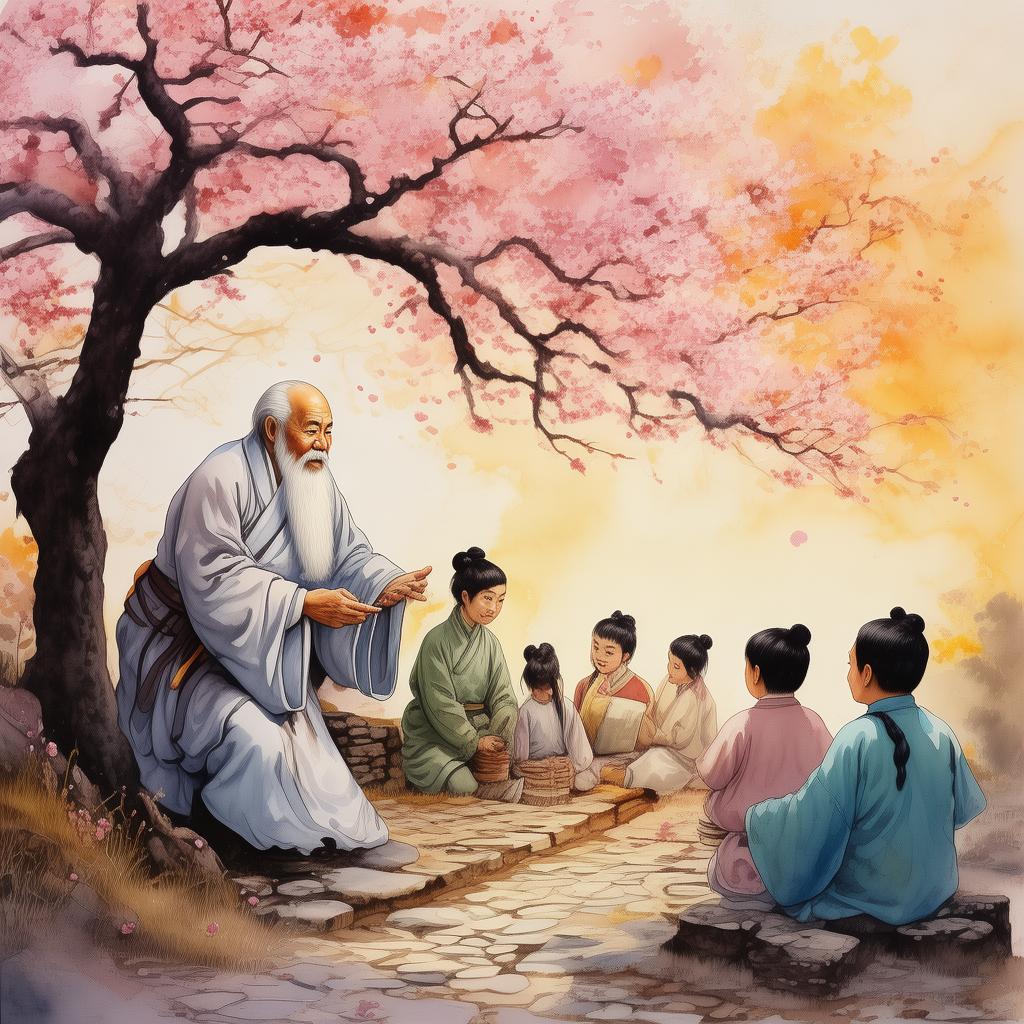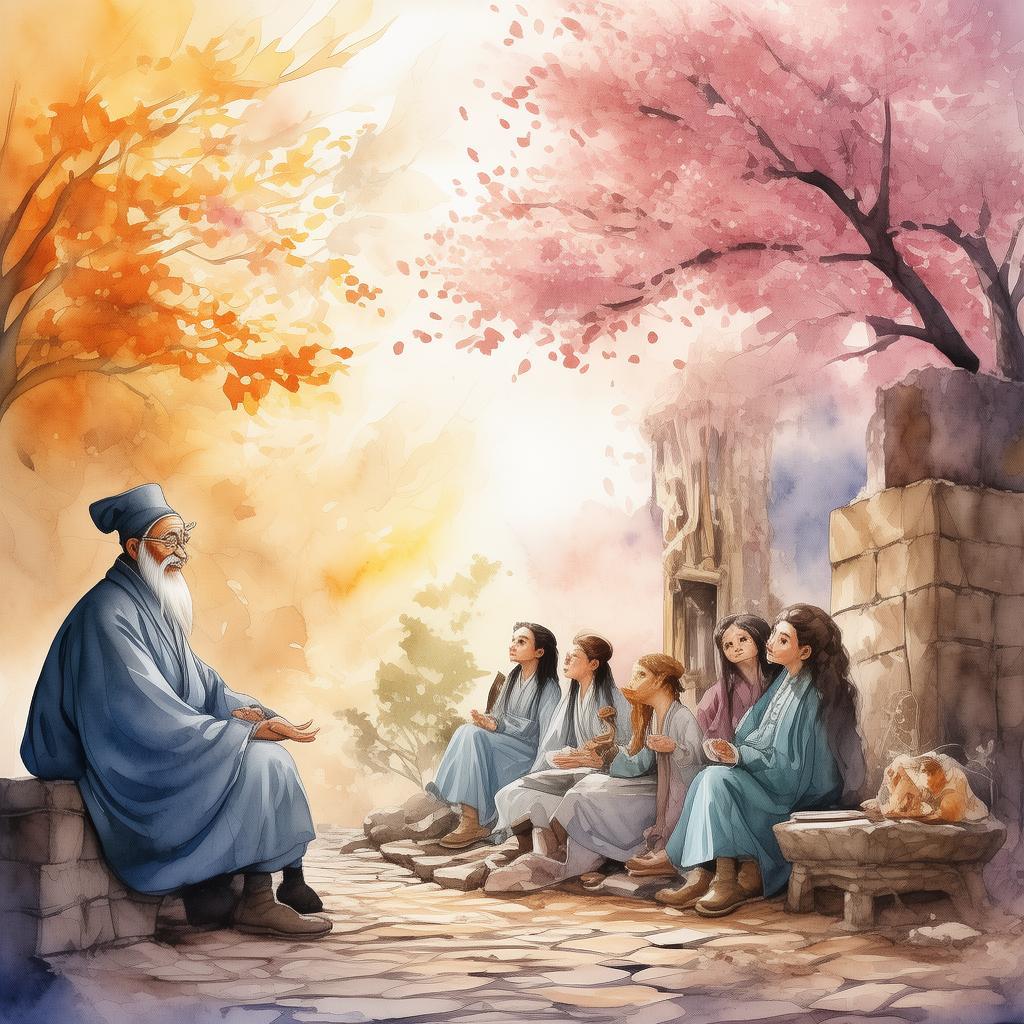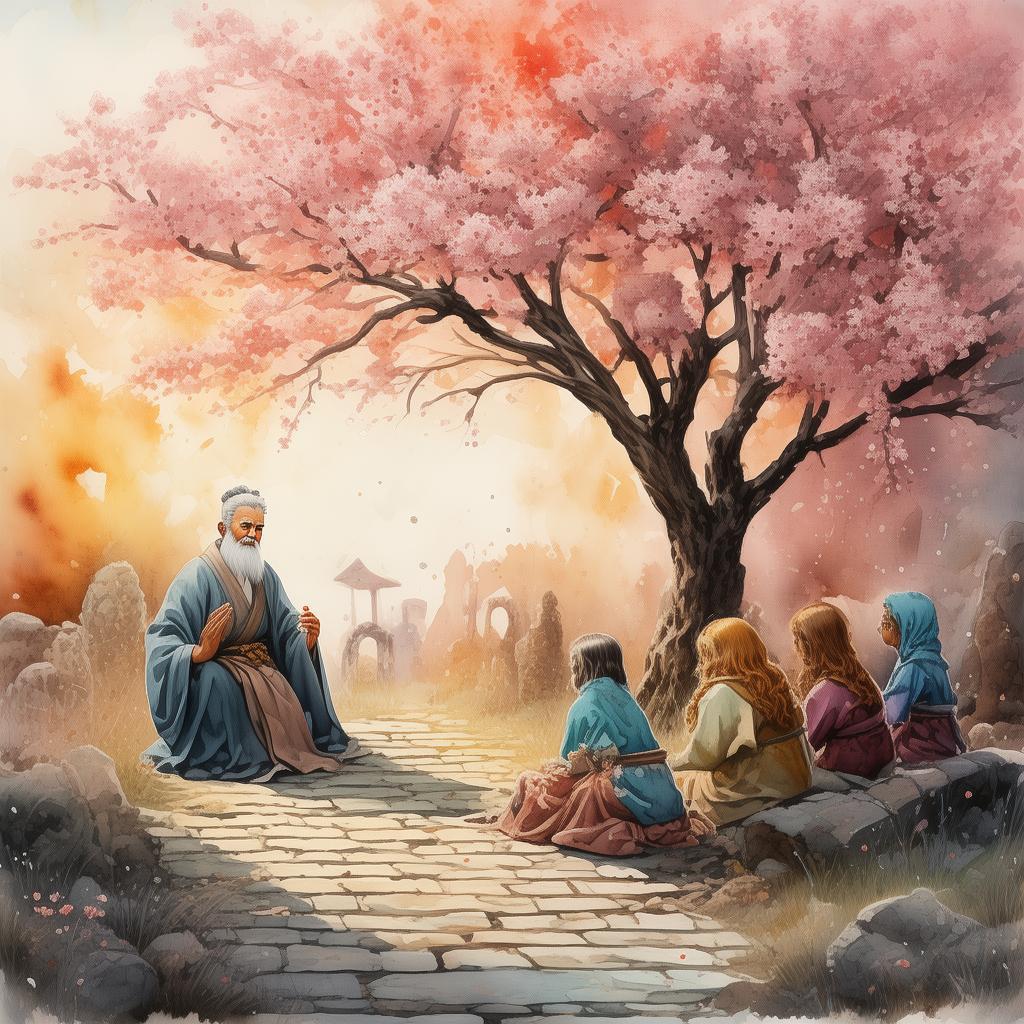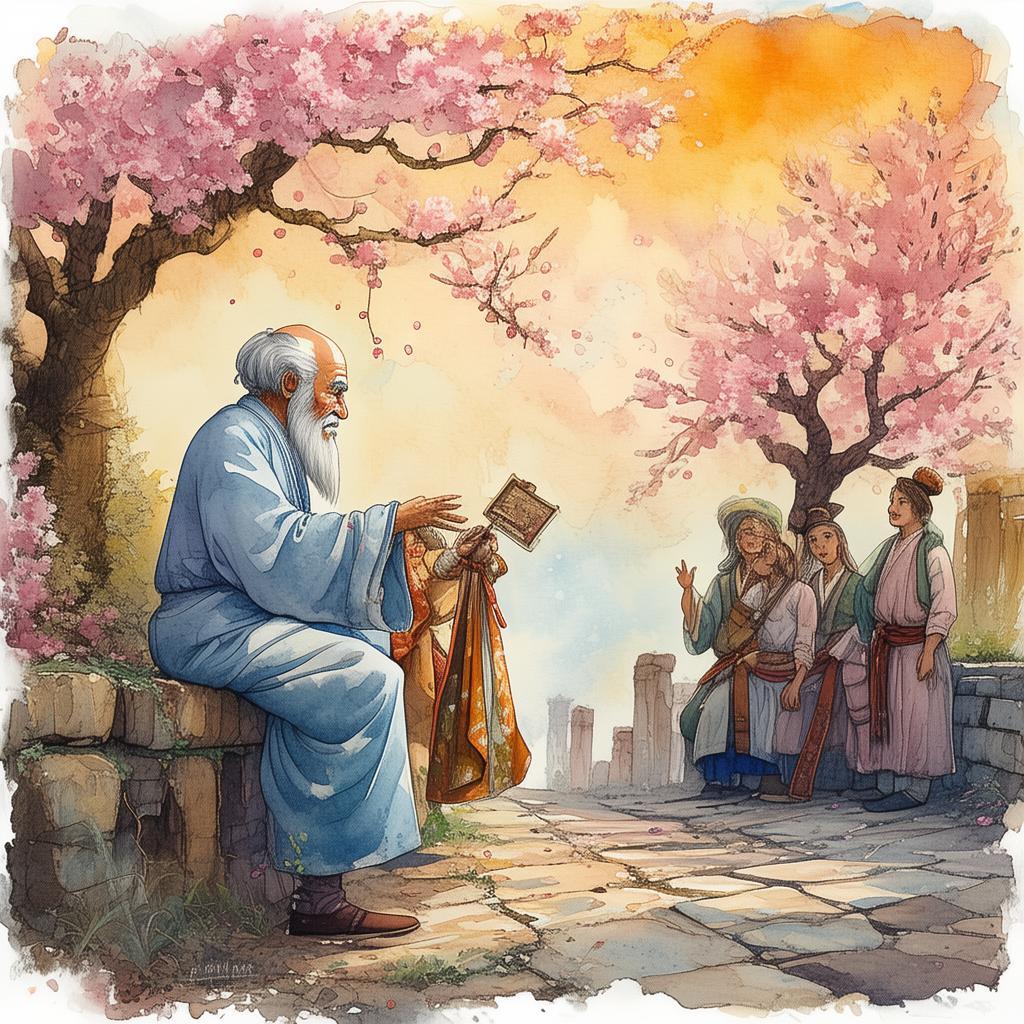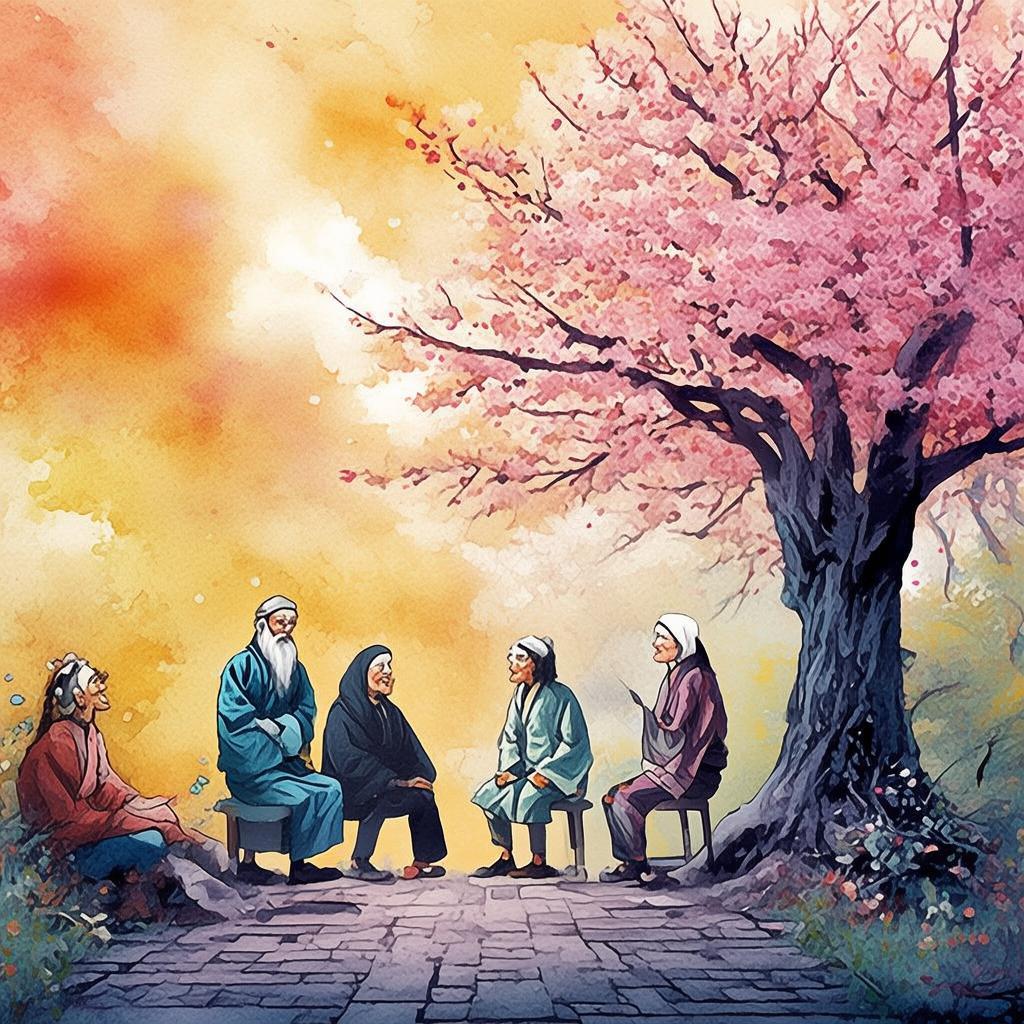Secrets of the Kitchen: The Culinary Rivalry
In the heart of ancient China, where the art of cooking was revered as a sacred tradition, there lived two chefs whose rivalry was as fierce as the flames that danced in their kitchens. Master Chef Li, a master of the ancient art of Peking duck, and Young Chef Wang, a prodigy of Sichuan cuisine, were known throughout the land for their unparalleled skills. Both chefs harbored a secret: the recipe for the legendary "Dragon's Roar," a dish that had never been replicated, and which was said to possess the power to bring prosperity to the chef who mastered it.
The opportunity to win the prestigious "Golden Spoon" award, which would not only elevate the winner's status but also grant them the secret to the "Dragon's Roar," was a chance neither chef could afford to miss. The competition was fierce, and the stakes were high. The winner would be celebrated as a culinary genius, while the loser would be shunned and ridiculed.
The competition was a series of challenges, each designed to test the contestants' skills, knowledge, and creativity. Master Chef Li, with his years of experience and mastery of traditional techniques, was a formidable opponent. Young Chef Wang, on the other hand, was known for his innovation and willingness to push the boundaries of traditional cuisine.
The first round of the competition was a test of the chefs' ability to create the perfect dish using the same ingredients. Master Chef Li presented a beautifully roasted Peking duck, its skin glistening with a golden hue, while Young Chef Wang unveiled a vibrant, fiery Sichuan dish that captivated the judges with its complexity and bold flavors.
The second round was a surprise: a blindfolded tasting of two dishes, one from each chef, without the chefs' knowledge of which was theirs. The judges were left to decide based solely on taste. The dishes were indistinguishable, and the judges were torn between the two chefs.
The final round was a showdown, a challenge to recreate the "Dragon's Roar" dish. Master Chef Li, with his years of experience, was confident. Young Chef Wang, however, was not. He had spent countless nights studying ancient texts and experimenting with new techniques, hoping to uncover the secret recipe.
As the competition reached its climax, the chefs were given the ingredients: a rare and expensive sea cucumber, a delicate and flavorful abalone, and the most precious of all, a rare herb that grew only in the mountains. The chefs worked tirelessly, their hands moving with the grace of artists, their minds racing with the pressure of the moment.
When the dishes were finally presented, the judges were speechless. Master Chef Li's dish was a masterpiece, a testament to his skill and knowledge. Young Chef Wang's dish, however, was a revelation. It was a fusion of traditional and modern techniques, a culinary tour de force that left the judges and audience in awe.
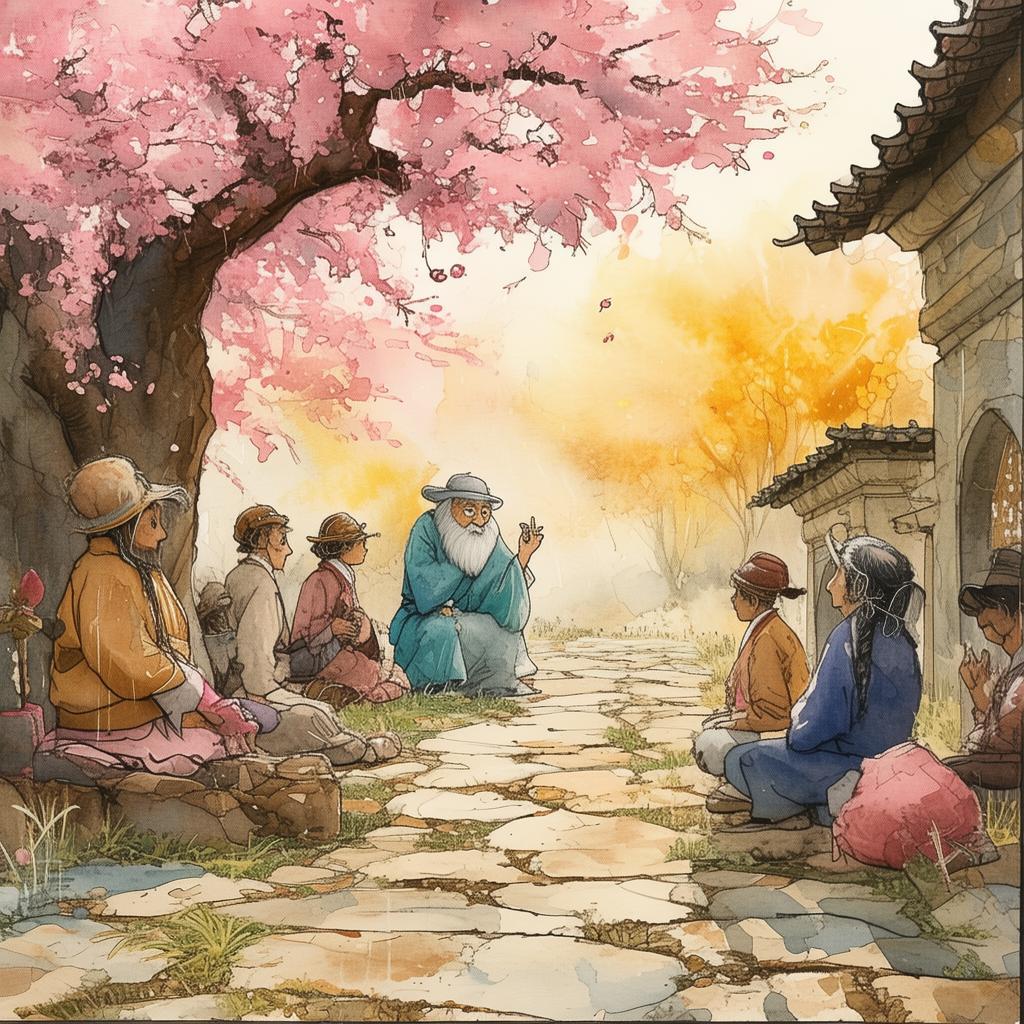
The judges deliberated for hours, their decision hanging in the balance. Finally, they announced the winner: Young Chef Wang. The crowd erupted in cheers, but Master Chef Li was visibly shaken. He had never lost a competition, and the loss was a blow to his pride.
In the aftermath of the competition, Master Chef Li discovered that Young Chef Wang had not used the secret recipe for the "Dragon's Roar." Instead, he had combined the knowledge of his mentors with his own innovative ideas. This revelation forced Master Chef Li to reevaluate his own beliefs about the importance of tradition and the value of innovation.
The story of the culinary rivalry between Master Chef Li and Young Chef Wang became a legend, a tale of two chefs who, despite their fierce competition, were both winners in their own way. Master Chef Li learned to embrace change, while Young Chef Wang continued to push the boundaries of traditional cuisine, all the while honoring the legacy of the "Dragon's Roar" dish.
✨ Original Statement ✨
All articles published on this website (including but not limited to text, images, videos, and other content) are original or authorized for reposting and are protected by relevant laws. Without the explicit written permission of this website, no individual or organization may copy, modify, repost, or use the content for commercial purposes.
If you need to quote or cooperate, please contact this site for authorization. We reserve the right to pursue legal responsibility for any unauthorized use.
Hereby declared.
